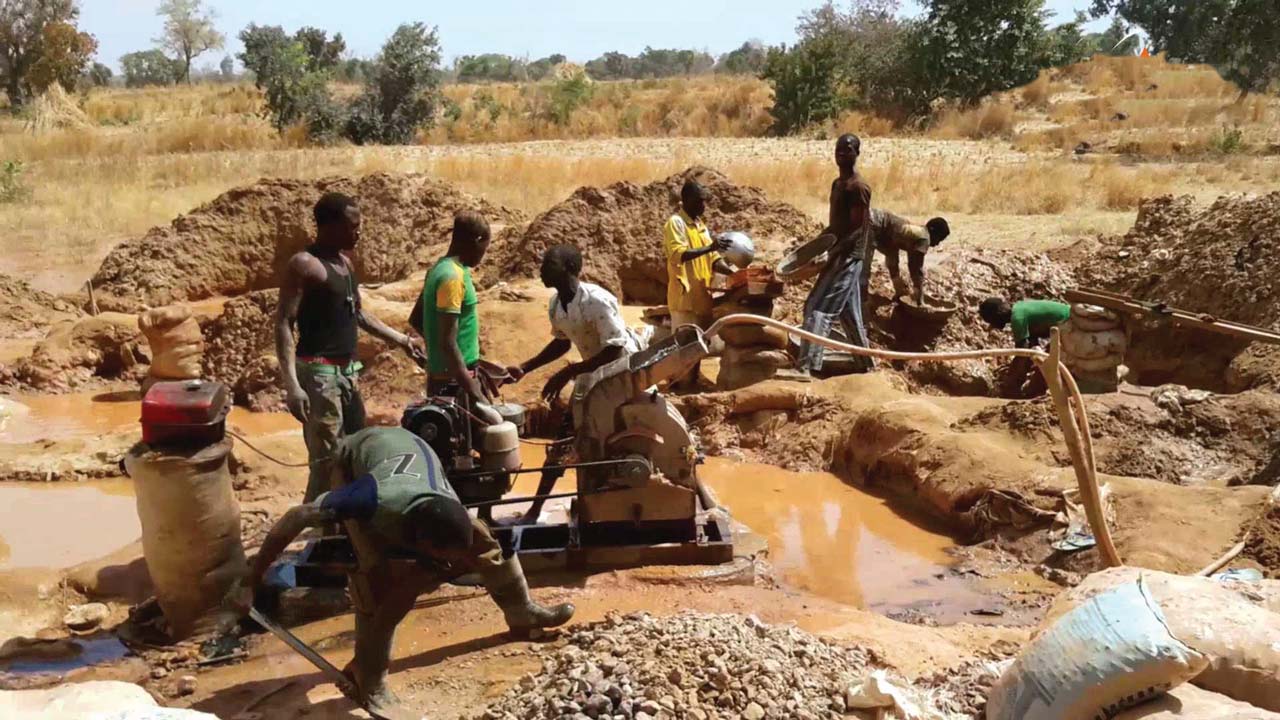
Minister of State, Mines and Steel Development, Abubakar Bawa Bwari, yesterday advanced reasons curing severe lead poisoning has been difficult, expressing regret that children who are receiving treatment for the ailment would grow up with low intelligent quotient (IQ).
He explained that although the disease was preventable, its treatment and environmental remediation were expensive. He said the victims would experience learning disabilities, memory disorders and violent criminal behaviour.
Bwari gave the explanation at a media briefing on the second International Conference On Lead Poisoning Associated With Artisanal Gold Mining In Nigeria, with special focus on prevention, scheduled for today in Abuja.
“The aim is to bring local and international experts together to garner experience and learn lessons from other parts of the world in tackling this health hazard and find ways this can be brought to bear in our search for solutions.
“We want to change behavioural pattern of artisanal gold miners. The only effective long-term solution is finding ways to prevent the outbreak in the first place,” he stated.
The minister also said Nigeria had been battling with a public health emergency in the form of lead poisoning caused by unsafe practices of artisanal miners in the last eight years.
“At least 400 people, mostly children, have died as a result of the ailment and many more have suffered irreversible damage to their health because they do not understand the avoidable risks,” he added.
Dr. Simba Tirima of Medecins Sans Frontieres said that lead poisoning treatment was meant to prevent further damage, adding that the United Nations (UN) had spent $2 million in five communities in Zamfara State.
“In 2010, Zamfara State spent over N150 million for remediation in two communities, while the Federal Government supported the programme with N470 million and N250 million in 2013 and 2016,” he said.
Tirima also said Nigeria would be an example in Africa in terms of offering sustainable solution to those affected by lead poisoning.
“Treatment for lead poisoning is very expensive. We must look for solutions that would stand a taste of time. In the United States (U.S.), it took us many years to resolve the challenge. Government can give greater attention to it and it will be over,” he stated.
[ad unit=2]



